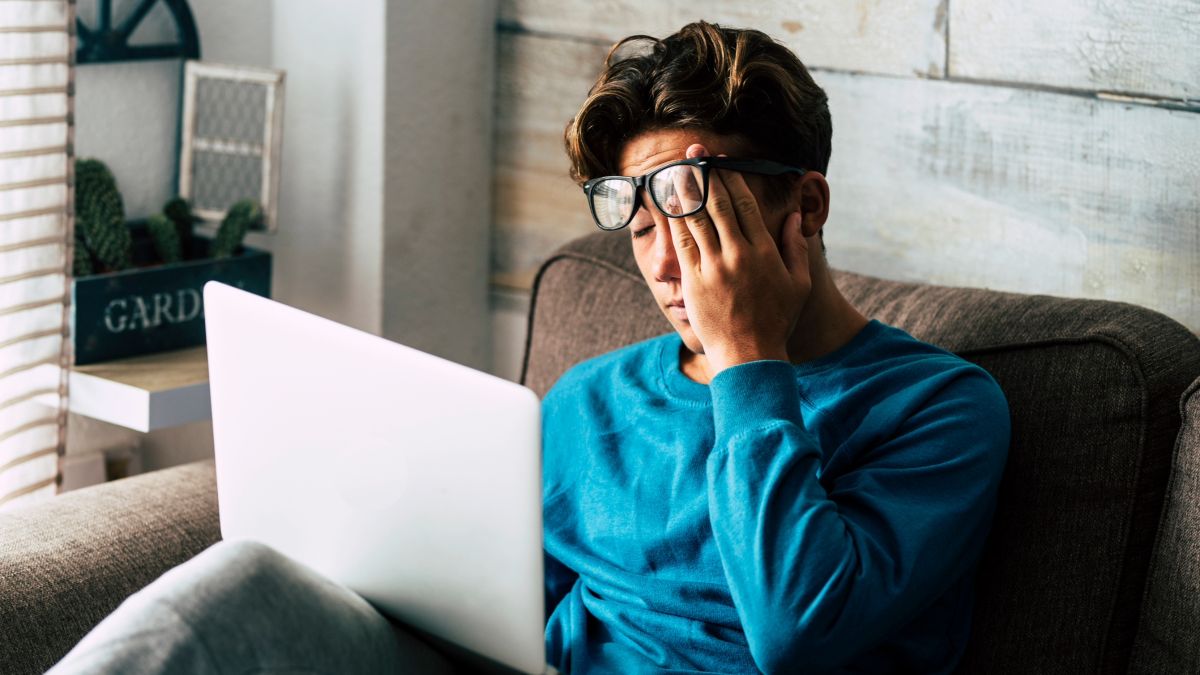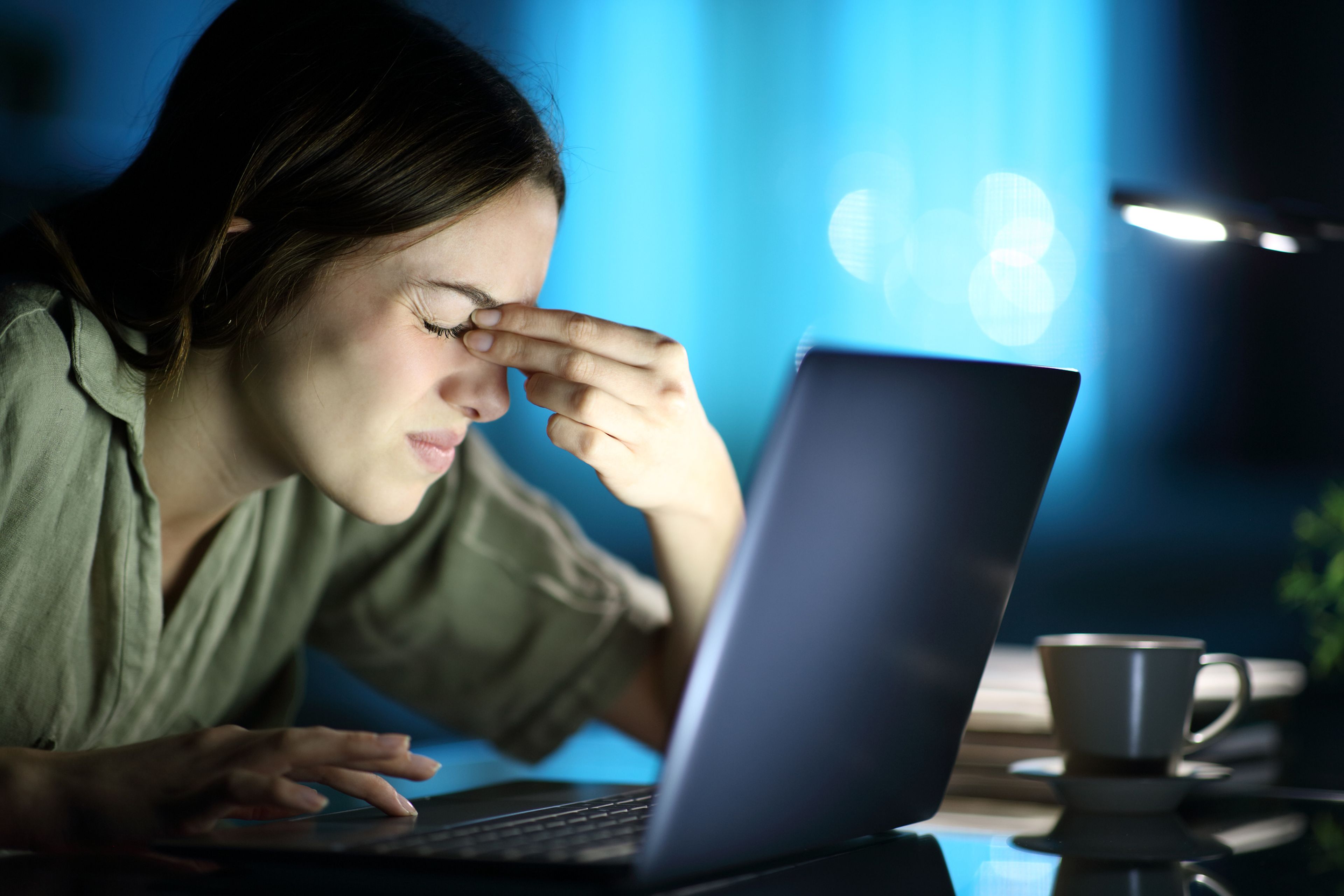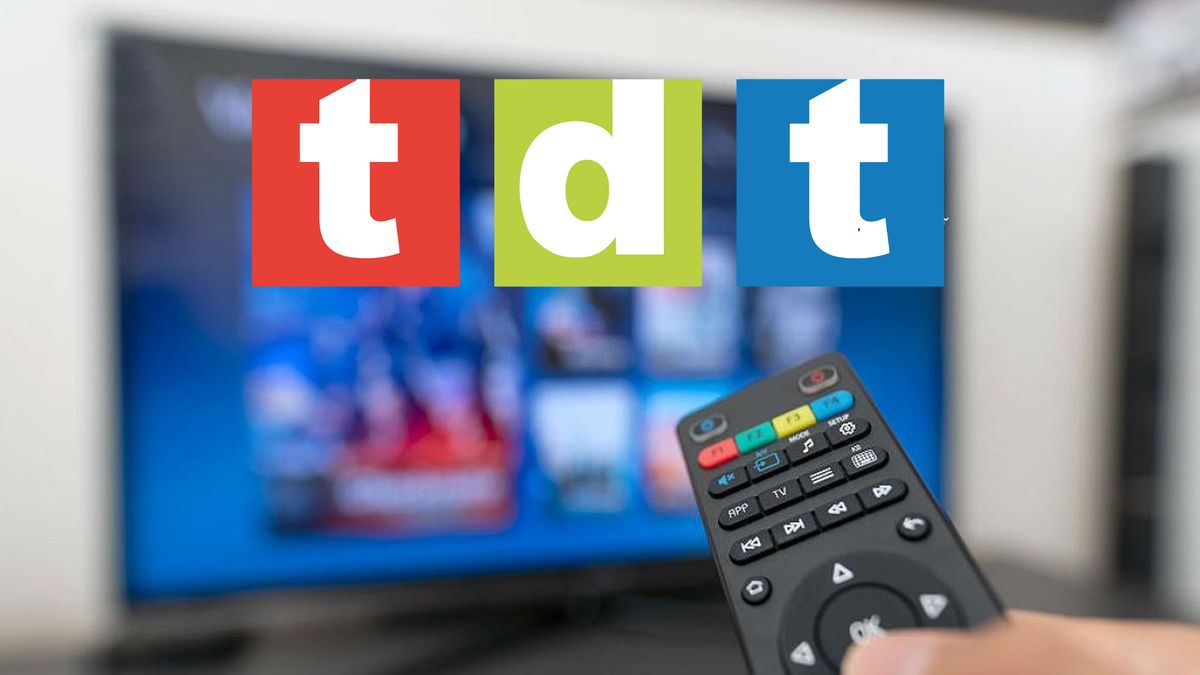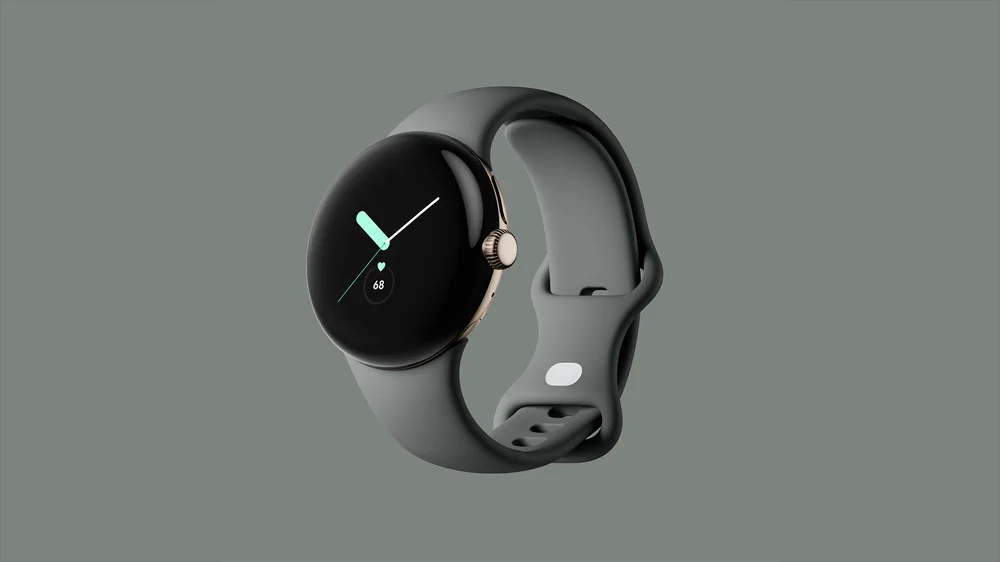
Today, we spend more time looking at screens than ever before. We wake up with our cell phone, we work on the computer, we relax with the television and we go to bed with the tablet. This can have a negative impact on our eyesight, as screens can cause eye strain, dry eyes, and other problems in our eyes.
Screens emit blue light, which can damage your eyes. Blue light can cause eye strain, dry eyes, headaches, and blurred vision.. It may also increase the risk of developing macular degeneration, an eye disease that can cause vision loss.
In addition to blue light, screens They can also cause other eye problems, such as:
- Dry cornea: Blue light can reduce tear production, which can lead to dry eyes.
- Conjunctivitis: Conjunctivitis is an inflammation of the conjunctiva, the membrane that covers the white of the eye. This problem can cause redness, itching, and discharge from the eyes.
- Asthenopia: Asthenopia is eye fatigue that can cause headache, blurred vision, and difficulty focusing.
For example, the following study states that dry eye disease, which affects between 5% and 50% of the world’s population.
It seems silly, but you should take better care of your eye health: 4 key tips
Tip 1: Reduce the time you spend looking at screens
The best way to protect your eyesight from too much screen time is to reduce the time you spend looking at screens. Try to limit the time you spend looking at screens to two hours a day.
“We advise that everyone have a vision checkup to avoid vision loss, especially if you spend a lot of time in front of the computer, if your eyes suffer from dryness or irritation or notice other effects,” they comment from the Ocumed Ophthalmology Clinic.
getty
Tip 2: Take regular breaks
Regular breaks are essential to protect your eyesight from excess screen time. A commonly recommended trick is the 20-20-20 rule. Every 20 minutes, look into the distance for 20 seconds. This will help relax your eye muscles.
You can also try other eye exercises, such as blinking hard or moving your eyes from side to side or even stop looking at the screen so that, if you have a window that faces the street, look out of it for a few seconds.
Tip 3: Adjust screen brightness and contrast
Screen brightness and contrast can affect your viewing comfort. The screen brightness should be low enough so that it is not dazzling, but high enough so that you can see what you are doing. The contrast should also be adequate so that you can see the details on the screen.
“Television should be viewed at a distance of two meters since televisions are now getting larger. On the computer the best distance is 50 centimeters so that the eye does not have to get used to it so much,” they explain from the clinic.

getty
Tip 4: Use glasses with blue light filters
If you cannot adjust the screen brightness and contrast, You can try using an anti-glare screen or glasses with a blue light filter. Even the screens themselves already have filters to prevent your eyes from suffering too much.
Blue light filter glasses can help block blue light, which can reduce the risk of developing eye problems. They are especially useful if you spend a lot of time looking at screens in bright environments, like in the office or at university.
“A good diet can help prevent serious diseases, while it is proven that a diet based on processed foods and saturated fats is directly related to the appearance of visual disorders. In this sense, alcohol consumption must also be taken into account , which has a clear link with visual problems both in the short and long term,” they add from the Fernández – Vega Ophthalmological Institute.



